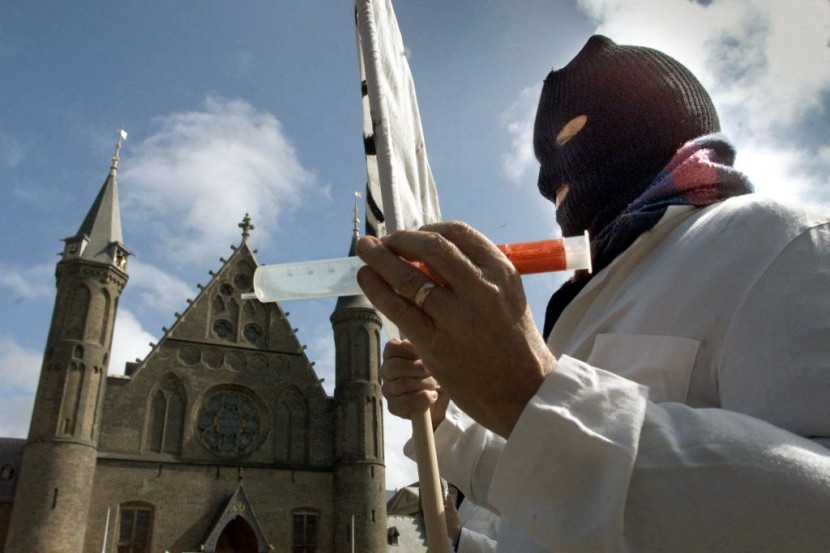In what has been viewed as the newest test case for Dutch right-to-die regulations, a Dutch court on Tuesday found a man guilty of aiding at least ten individuals in taking their own lives by selling them lethal "suicide drugs" and instructions for using them.
The man, solely known as Alex S. before being apprehended by authorities, sold the pills to more than 1,600 persons in compliance with Dutch privacy laws, reported by The Associated Press.
Concerns Over Euthanasia in Netherlands

According to a written judgment from East Brabant District Court, he first purchased the pills online. The court in the southern city of Den Bosch decided that the 30-year-old suspect should serve three and a half years in jail after being found guilty on Tuesday. The remaining 18 months of his sentence were suspended, so he would only be required to complete them if he committed another offense.
The court declared that he "undermined" the carefully crafted Dutch euthanasia law and "treated the lives of others very lightly and damaged the value of human life in general."
The court stated that the defendant misled consumers into believing that the medicine would result in a painless death. Since the euthanasia law was passed, there has been ongoing discussion concerning the options open to those who want to end their lives but are not candidates for euthanasia.
Euthanasia was first made legal in the Netherlands. A law passed in 2002 gave doctors the legal authority to end patients' lives under certain restrictions, either by giving the patient a deadly dose of medication or by giving them the medication themselves.
It is still unlawful to assist someone in taking their own life by giving them a lethal medication to self-administer. In a case launched by campaigners who claim it violates their right to choose the time of their death, a court in The Hague maintained the restriction late last year.
The judges stated they were aware of the Netherlands' public discussion around end-of-life concerns. Still, they emphasized that "it is fundamental that laws are followed in a democratic society and by those whose opinions do not entirely match those of the law.
Who Can Get Euthanasia in Netherlands?
To be eligible for euthanasia, a patient must be an adult of sound mind experiencing unbearable suffering that cannot be relieved in any other way. The patient must also make a clear and voluntary request for euthanasia and be fully informed about the procedure and its consequences.
If a patient meets all criteria, the attending physician must consult with another independent physician to confirm that the patient's request is voluntary and informed. The physician must also ensure that there are no reasonable alternatives to euthanasia, such as palliative care.
If the two physicians agree that euthanasia is the appropriate course of action, the attending physician will administer a lethal medication dose to the patient. The patient must be able to self-administer the medication, or they must be able to give their consent for the physician to administer it on their behalf.
Euthanasia is a controversial issue, and there are strong arguments on both sides of the debate. Some people believe that euthanasia is a compassionate way to end suffering, while others believe that it is a form of assisted suicide and should be illegal.
Related Article : Australia: Woman With Terminal Illness Chooses Voluntary Assisted Death, Proving Euthanasia's Value
© 2025 HNGN, All rights reserved. Do not reproduce without permission.








